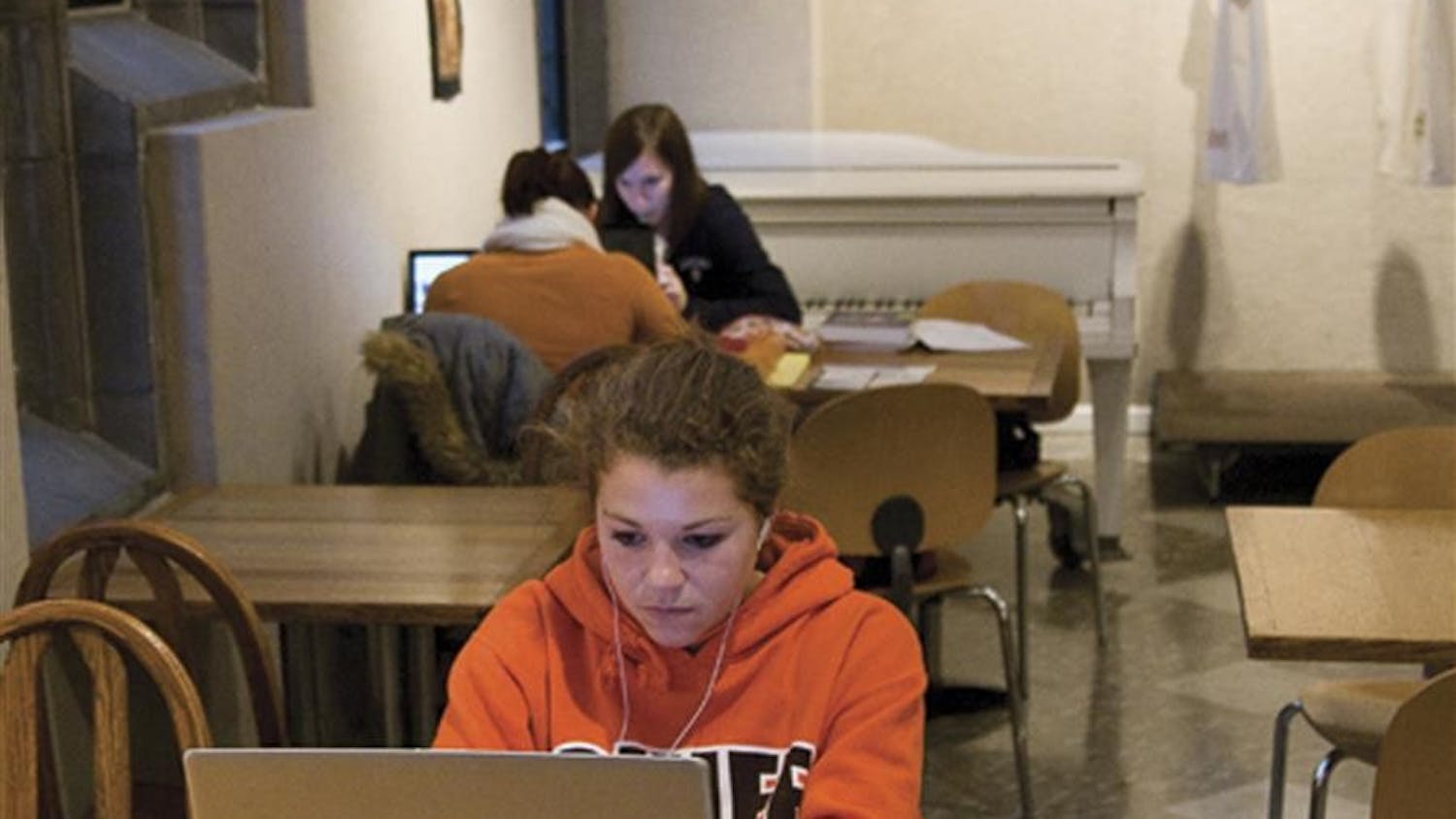In the famous words of Frank Hubbard, “The safe way to double your money is to fold it over once and put it in your pocket.”
That might be one way to ensure that you are saving money, but these words might be lost on incoming freshman who have never had to care for their own personal finances.
So how can a poor college student make it work? We have some tips to help you manage.
BUDGET
Budgets are one of the most effective ways to plan how and where you are spending your money. Coming up with a plan and dividing your money among the things that you want to spend on is essential.
“Budgeting and self-control [are the best ways to keep yourself from overspending],” junior Luke Majors said. “Like knowing that you don’t always need that nice new shirt because you have to pay for books. Personally, I keep a set amount in my saving account in case of emergencies and never touch it.”
One suggestion is to split up your money using an envelope system. This means you could have five envelopes and put a category for spending on each — such as food, clothes, fun, books and savings.
SAVE ON CLOTHES
Those expensive jeans or that new dress can be a drain on your bank account, but there are ways to get around this without breaking the bank.
“I shop at Plato’s closet and Goodwill,” senior Sarah Weaver said. “It’s cheap, and they usually have a lot of good stuff.”
Clothes that people don’t want or can’t have anymore usually end up at these two stores. Using a little creativity, you can use these clothes to put together that outfit that will get you noticed.
EAT CHEAP
All those new restaurants can be tempting. Once you get sick of RPS, you’ll probably want a taste of Bloomington and want to go out to eat. Buying your own groceries can help satisfy this craving and save money.
“Going out gets really expensive really fast, and there are tons of really easy and cheap foods,” senior Joshua Jaffe said.
Buying in bulk helps tremendously as well. Each residence hall has a kitchen, so grab a couple of friends and put together a big meal and plan for leftovers.
“Buying your own groceries is expensive, but you get a lot more for your money out of it, including lunches for the next day,” sophomore Rita Cripe said.
“If you do go out though, try to save at least a little food, so you can have part of another meal or another meal with it. Eating out is really expensive and can add up quickly.”
SEE THE FREE ENTERTAINMENT
The entertainment and shows can really make a dent in your savings too, but going to events, shows and programs doesn’t have to hit you where it hurts.
“For entertainment costs, cut them by using free stuff IU provides, such as a gym, plenty of space for sports, free shows, etc,” Jaffe said.
IU and Bloomington provide many free or discounted student events. There are programs sponsored by the IU Health center, RPS and various other campus organizations.
Even the IU Auditorium’s usher corps program is a good idea. If you serve for a few hours as an usher, you can see most shows for free. The IMU also has free movies, comedy and improv shows.
6 TIPS TO FOLLOW TO KEEP LINCOLN AND JACKSON YOUR FRIENDS
1 Get a job. It’s a resume booster as well as a steady source of funds.
2 Check out psychology experiments and the Kinsey Institute for a chance to be a participant. Most pay a small sum.
3 Eat for free. Many meeings and programs offer free food at first, and you could find something you’re interested in.
4 Check online and in the paper for coupons and specials at local restaurants.
5 Ignore impulse shopping. Wait a day or more to make a big purchase.
6 Use cash. Having something physical to hold in your hand allows you to easily keep track of how much money you are spending.
Money: The college student’s most elusive item
Get stories like this in your inbox
Subscribe




